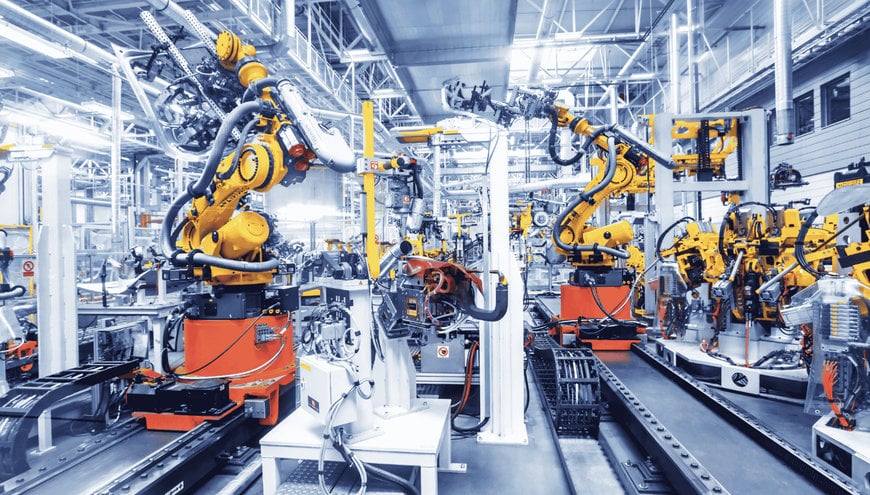www.magazine-industry-usa.com
20
'25
Written on Modified on
The obsolescence of production lines, an imminent challenge for the European automotive industry
With the 2035 EV transition ahead, European carmakers race to transform factories while facing global competition. Jean-Yves Béguin (SEGULA Technologies) explores production line automation.

Always better, faster and cheaper: this is the common motto of car manufacturers to face the future with serenity. A term which, at first glance, does not necessarily seem to align with the current context. While Western car manufacturers have enjoyed a rather favourable period in recent years with the end of the health crisis, the obstacles they currently face are enough to make you dizzy: electrification, inflation, supply difficulties, environmental standards, digital transformation, renewal of product ranges… Not to mention the aggressive trade policies of some of their competitors, particularly in Asia.
The urgency: investing in automated production lines
In order to offer products that are as close as possible to consumer demand, manufacturers now renew their ranges approximately every two or three years, which means that industrial processes have to be modified regularly. In addition, the need to be responsive to sudden and unpredictable changes in the market requires increased flexibility. At the same time, the growing need to produce close to where goods are consumed is pushing manufacturers to rethink their production lines: these must be more numerous, smaller, and operate at reduced rates, breaking with the massive and centralised models of the past. With the exception of paint shops, which have a relatively long lifespan due to their high costs, industrial equipment such as robots and automated systems is at risk of rapidly becoming obsolete due to compatibility and maintainability issues. This is a risk that needs to be anticipated.
Faced with these challenges, it is crucial for car manufacturers to modernise their production lines quickly. Automation is an essential lever for meeting the requirements of electrification, while maintaining competitiveness in the global market.
A response to planned obsolescence and the ecological imperative
In 2023, the European Union strengthened its environmental objectives with penalties of up to 95 euros per gram of CO2 emitted above the authorised limits per vehicle. To meet these objectives and thus avoid heavy fines while remaining competitive, manufacturers must renovate their facilities. Automated production lines make it possible to reduce CO2 emissions through more efficient use of energy and materials.
Optimising costs and flexibility
Similarly, investing in automated production lines can significantly reduce manufacturing costs: automation increases the precision and speed of processes, thus reducing errors and rejects. This increased efficiency translates into lower operating costs and better resource management. In addition, automation offers the flexibility needed to quickly adapt production lines to fluctuating demand, whether for new ranges of electric vehicles or other technological developments. It enables the rapid and efficient reconfiguration of production lines, which is essential to respond to increasingly short product life cycles.
Consistent, high product quality
Thanks to the use of advanced technologies such as artificial intelligence and machine learning, the systems can detect and correct defects in real time. This not only ensures better compliance with strict industry standards, but also increased satisfaction among consumers, who expect reliable and high-performance vehicles. The integration of automated quality control systems reduces variations in quality and ensures full product traceability.
Automation for survival: a strategic imperative for the automotive industry
Modernising production lines through automation is not only a necessity to meet the current challenges of the automotive industry, it is a sine qua non for the survival and prosperity of European manufacturers in the ultra-competitive electrification market.
This modernisation is also essential to support and revitalise the reindustrialisation of France. By localising technological investments on national territory, we can strengthen our industrial sovereignty, stimulate the local economy and benefit from the proximity of production sites and the expertise of French engineers. French companies are thus positioning themselves at the forefront of industrial innovation, offering robust solutions that comply with the strict environmental standards of the European Union.
For these reasons, it is imperative to act without delay. The modernisation of production lines through automation is an essential strategic investment that will transform current challenges into future opportunities.
www.segulatechnologies.com

